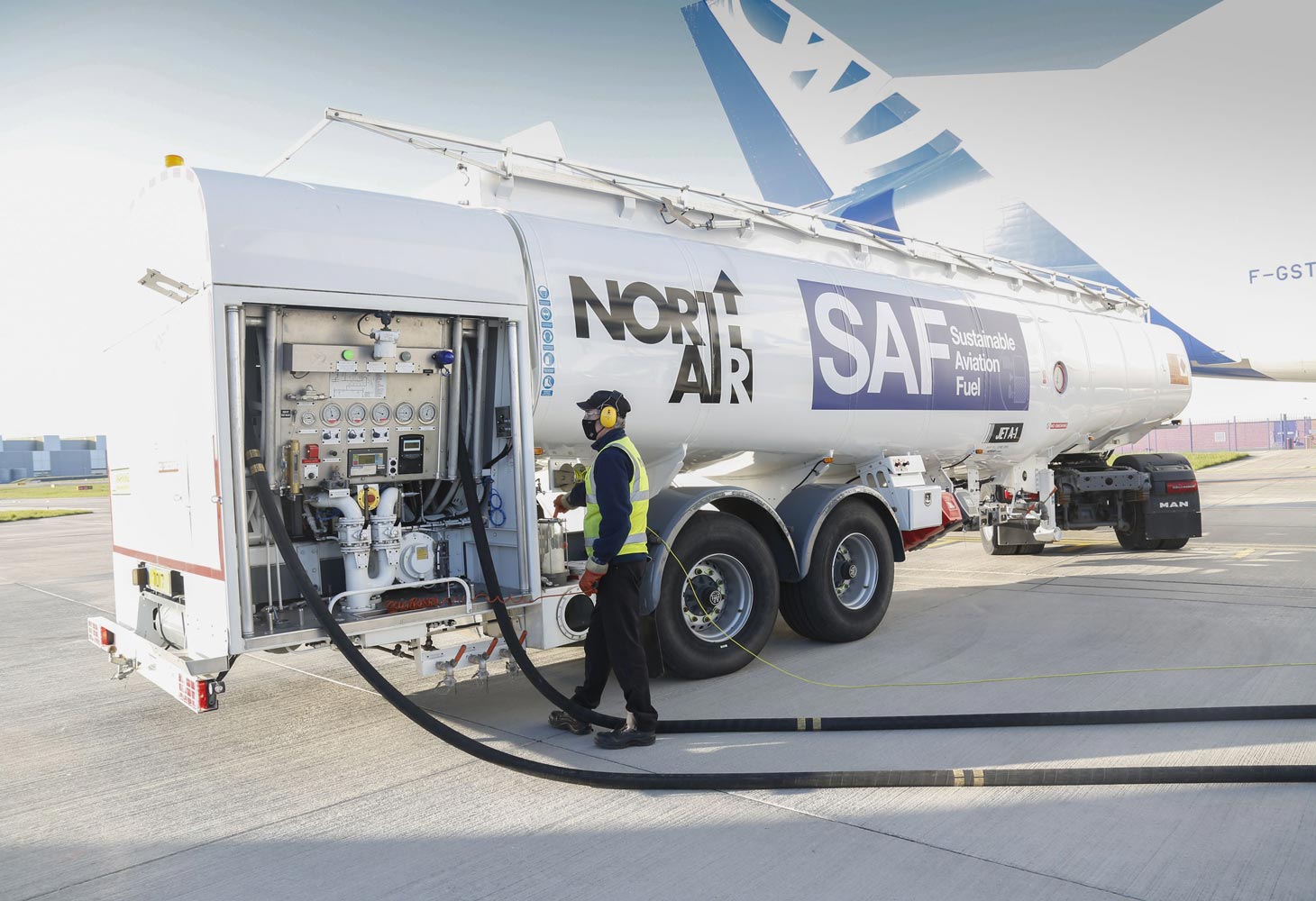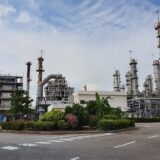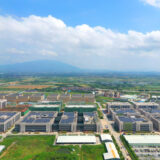
EU-Japan invest in alternative renewable fuels research
The European Commission’s Directorate General for Research and Innovation announced the launch of three joint research and innovation projects in advanced biofuels and alternative renewable fuels. The projects will start on 1 May 2021.
The projects stem from a call supported under the framework of the EU-Japan Science and Technology Cooperation Agreement. The projects stem from a call supported by the EU, together with the Government of Japan, represented by the Ministry of Education, Culture, Sports, Science and Technology (MEXT). It falls under the framework of the EU-Japan Science and Technology Cooperation Agreement. The call supports the development of disruptive and highly performing novel catalytic technologies, for obtaining low-cost bioenergy carriers, non-food/feed based advanced biofuels and alternative renewable fuels beyond hydrogen. A panel of independent experts from the EU and Japan evaluated 30 high-quality proposals and selected three out of 26 successful proposals.
This announcement opens the way to the 27th EU-Japan Summit and is a direct boost to the strategic partnership, including its shared ambitions for the green energy transition.
The three projects will receive a total of EUR10.7 million (USD12.8 million): EUR9.5 million (USD11.3 million) from Horizon 2020, the EU research and innovation framework programme (2014-2020) and approximately EUR1.2 million (USD1.4 million) from Japan’s Strategic International Collaborative Research Program (SICORP) under the Japan Science and Technology Agency.
“We need to replace fossil fuels to reach the ambitious goals of the Paris Agreement on climate change. The cooperation between researchers, institutions and industry in the EU and Japan will foster breakthrough innovation in advanced biofuels and alternative renewable fuels and will strengthen the European and Japanese technology base in those areas. We are looking forward to strengthening our cooperation under Horizon Europe,” said Mariya Gabriel, EU commissioner for Innovation, Research, Culture, Education and Youth.
The three selected projects are:
The LAURELIN project focuses on renewable methanol which may be used as a fuel for heavy-duty road transport. For this purpose, it will develop breakthrough catalyst systems and new technologies for CO2 hydrogenation such as Magnetic Induction, Non-Thermal Plasma Induction and Microwave technologies. Eight European and two Japanese organisations will receive a joint grant of EUR4.9 million (USD5.8 million).
The 4AirCRAFT project responds to the urgent need for low or net-zero emission fuels in the growing market of air transportation. The project will develop next generation catalysts for the direct CO2 conversion into liquid fuels for aviation by combining three main reactions into one reactor. A consortium of seven European organisations and one Japanese organisation will receive a joint grant of EUR2.6 million (USD3.1 million). One Brazilian organisation will join the team as well.
The ORACLE project aims at synthesizing renewable ammonia from nitrogen and H2O which may be used as a fuel in shipping. The project will develop electro-catalytic, plasma-aided electro-catalytic, and electrified thermal catalysis processes for ammonia synthesis and validate these processes for localised on-site ammonia production. A consortium of six European and two Japanese organisations will receive a joint grant of EUR3.2 million (USD3.8 million).














